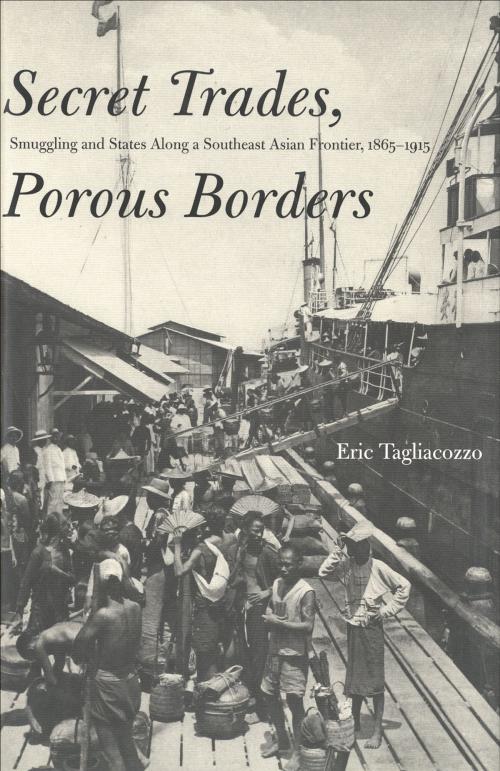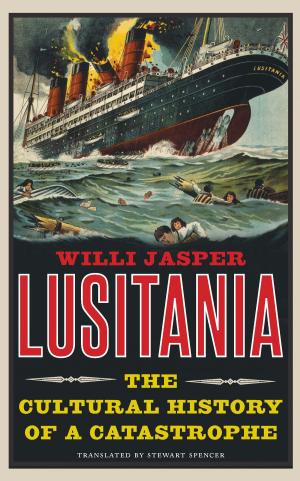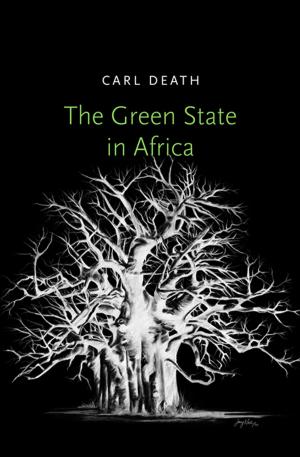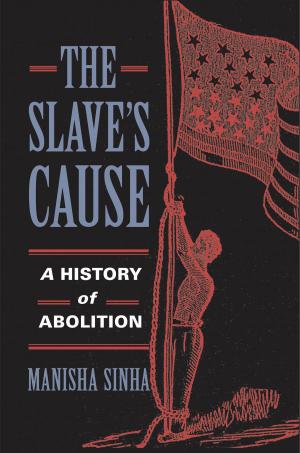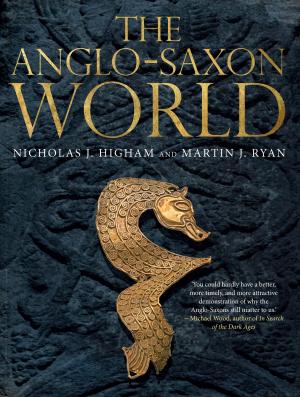Secret Trades, Porous Borders
Smuggling and States Along a Southeast Asian Frontier, 1865-1915
Nonfiction, History, Asian, Southeast Asia| Author: | Professor Eric Tagliacozzo | ISBN: | 9780300128123 |
| Publisher: | Yale University Press | Publication: | October 1, 2008 |
| Imprint: | Yale University Press | Language: | English |
| Author: | Professor Eric Tagliacozzo |
| ISBN: | 9780300128123 |
| Publisher: | Yale University Press |
| Publication: | October 1, 2008 |
| Imprint: | Yale University Press |
| Language: | English |
Over the course of the half century from 1865 to 1915, the British and Dutch delineated colonial spheres, in the process creating new frontiers. This book analyzes the development of these frontiers in Insular Southeast Asia as well as the accompanying smuggling activities of the opium traders, currency runners, and human traffickers who pierced such newly drawn borders with growing success.
The book presents a history of the evolution of this 3000-km frontier, and then inquires into the smuggling of contraband: who smuggled and why, what routes were favored, and how effectively the British and Dutch were able to enforce their economic, moral, and political will. Examining the history of states and smugglers playing off one another within a hidden but powerful economy of forbidden cargoes, the book also offers new insights into the modern political economies of Southeast Asia.
Over the course of the half century from 1865 to 1915, the British and Dutch delineated colonial spheres, in the process creating new frontiers. This book analyzes the development of these frontiers in Insular Southeast Asia as well as the accompanying smuggling activities of the opium traders, currency runners, and human traffickers who pierced such newly drawn borders with growing success.
The book presents a history of the evolution of this 3000-km frontier, and then inquires into the smuggling of contraband: who smuggled and why, what routes were favored, and how effectively the British and Dutch were able to enforce their economic, moral, and political will. Examining the history of states and smugglers playing off one another within a hidden but powerful economy of forbidden cargoes, the book also offers new insights into the modern political economies of Southeast Asia.
